As patients struggle to access timely, quality care, confidence in the health system is at an all-time low — even as governments make historic investments in reform.
At the Canadian Medical Association’s (CMA) Health Summit on Aug. 17 and 18, more than 700 participants gathered in Ottawa and online to talk about what it will take to improve care and restore patient trust.
Over nine sessions, which featured Mark Holland, Canada’s new federal health minister, health law and policy professor Timothy Caulfield and climate change expert Dr. Courtney Howard, physicians, medical learners, policymakers and patients discussed how to scale team-based care, reduce administrative burden and build a sustainable health system, among other issues.
“Being here with other (medical) learners and having conversations about these complex issues has been so eye opening and I feel really encouraged about the future.” – Zoey Bourgeois, Medical student, University of Saskatchewan
Here are some highlights from the event, hosted by Adrian Harewood, an associate professor of journalism at Carleton University and former CBC Ottawa broadcaster.
Part one - Canada has new health care agreements: Now what?

Shachi Kurl
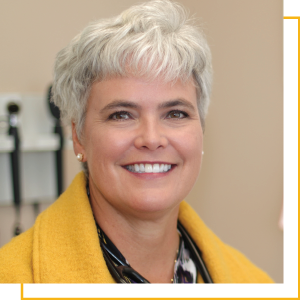
Dr. Kathleen Ross
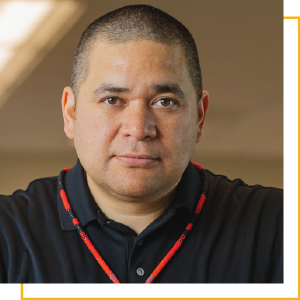
Dr. Alika Lafontaine
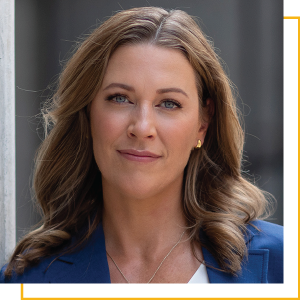
Dr. Katharine Smart

Carly Weeks
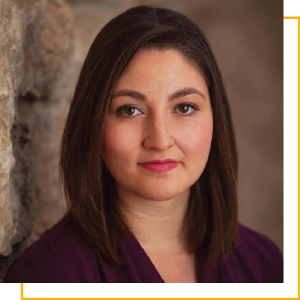
Laura Osman
The first session of the Health Summit — which opened with blessings from Elder Claudette Commanda, an Algonquin Anishinabe from Kitigan Zibi Anishinabeg First Nation in Quebec — examined the current state of health care, including federal, provincial and territorial commitments to better outcomes and the challenges of achieving meaningful system change.
Shachi Kurl, CEO of the Angus Reid Institute, presented five key takeaways from an August poll conducted in partnership with the CMA. It revealed that Canadians believe:
- The health system is declining
- Access is the key issue
- Money helps but is not a cure-all
- Stabilization of emergency departments should be a priority
- Foreign-trained physicians should be able to practise more easily
Comparing results with a similar poll conducted in 2015, Ms. Kurl underscored that “something in the last eight years has fundamentally changed. Many Canadians do not have easy access to health care.”
Jennifer Ditchburn, president and CEO of the Institute for Research in Public Policy, moderated a panel with three CMA presidents, Dr. Kathleen Ross (2023–24), Dr. Alika Lafontaine (2022–23) and Dr. Katharine Smart (2021–22) on the role of advocacy in driving change, how to keep governments accountable for patient outcomes and what needs to be done to achieve substantial system reform.
“Measurements of health care performance are needed that extend beyond single political mandates.” – Dr. Kathleen Ross
Health reporters Carly Weeks, from The Globe and Mail, and Laura Osman, from The Canadian Press, rounded out the panel, speaking about the importance of keeping health care in the headlines.
Scaling up team-based care

Dr. Tara Kiran
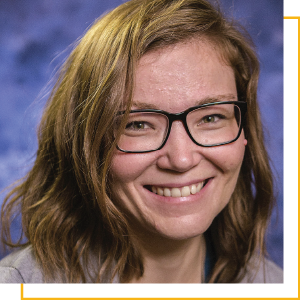
Teri Price
This session explored the role of team-based care in increasing access to primary care, including potential gains and trade-offs.
Family physician and researcher Dr. Tara Kiran presented findings from OurCare, a national initiative she launched in 2022 to engage the public in co-creating stronger, more equitable primary care.
“Public panels identified scaling up team-based care as their number one priority and felt equity should be put up front.” – Dr. Tara Kiran
Teri Price, executive director of Greg’s Wings Projects, shared a personal story of how her brother Greg might not have slipped through the cracks, passing away unexpectedly, if he’d had access to an interprofessional team.
"Team-based care is something we’ve been talking about for 11 years now and it resonates for me.” – Teri Price
Related resources
Our focus | Integrated health workforce planning
Providing the right care at the right time requires integrated health workforce planning at a national level.
CMA Explains | From fragmentation to integration: Rethinking models of care
Too often, patients and providers are subjected to silos of care, frustrating already limited time and resources with little support or accountability for continuity of care. But a more integrated, collaborative model of care is possible. In this primer, we go over some key consideration for a better organization of health resources.
Protecting the profession: What does it mean to feel fully safe?

Sapna Mahajan
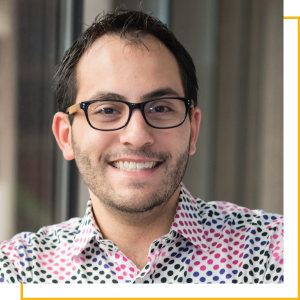
Dr. Franco Rizzuti
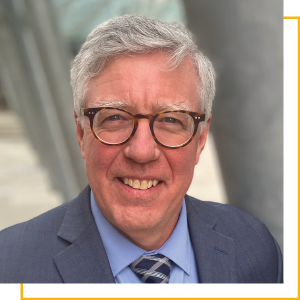
Philip Stack
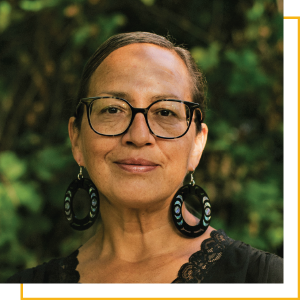
Dr. Nel Wieman
This session explored the interconnection between physical, psychological and cultural safety at work and the impact on provider wellness, health system performance and quality of care.
Keynote speaker Sapna Mahajan, director of research and innovation at Genome Canada, talked about the importance of national standards for psychological health and safety in the workplace.
“Workplace mental health is a global issue and COVID-19 added more stress to those working in health care settings.” – Sapna Mahajan
She also moderated a panel discussion with Dr. Franco Rizzuti, president of the Canadian Association of Physicians with Disabilities, Philip Stack, director of health safety and environment at the University of Alberta, and Dr. Nel Wieman, acting chief medical officer at First Nations Health Authority in British Columbia.
“Conversations about psychological safety are difficult but the health care system has racism baked into it, so that discomfort has to be recognized in order to move forward.” – Dr. Nel Wieman
Related resources
Our focus | A framework for physicians’ physical, psychological and cultural safety
We need to address unsafe work environments in health care and advance a more inclusive, supportive culture of medicine.
CMA | A profession under pressure: results from the CMA’s 2021 National Physician Health Survey (NPHS)
We know that health care professionals have experienced profound stress through the COVID-19 pandemic. Responses from more than 4,000 doctors, residents and medical students in the 2021 NPHS shed light on challenges to physician health and wellness, including lack of work–life integration, bullying and harassment, high administrative burden, lack of professional fulfillment and, of course, the impact of COVID-19.
Solutions that tackle administrative burden

Corinne Pohlmann
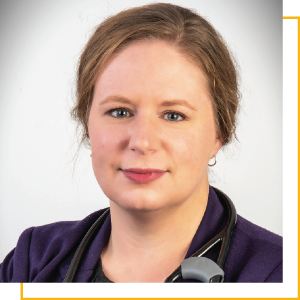
Dr. Nicole Stockley

Dr. Chandi Chandrasena
This session presented solutions to reduce physician administrative burden and maximize practice efficiency, protect physician wellness and improve patient care.
Corinne Pohlmann, executive vice-president of advocacy for the Canadian Federation of Independent Business, explained the role that individual employers can play in reducing red tape. Dr. Nicole Stockley, the director of external engagement for the Newfoundland and Labrador College of Family Physicians, talked about how the province adopted a single EMR system, and Dr. Chandi Chandrasena, chief medical officer at OntarioMD, discussed the many promises of artificial intelligence and technology.
“Administrative burden is not a physician or clinic problem, but a health system problem, so system-oriented solutions are needed.” – Dr. Chandi Chandrasena
At the end of the session, $10 million in funding for solutions to the administrative burden in medicine was announced. The Health Care Unburdened Grant – a partnership between the CMA, MD Financial Management and Scotiabank – will begin accepting applications this fall.
Related resources
Our focus | Administrative burden
Unnecessary administrative tasks take time away from patient care and significantly impact physicians’ mental health.
CMA | The weight of administrative burden on Canadian physicians
While not generally visible to patients and the public, the administrative burden of being a Canadian physician can consume time and energy exceeding the reasonable expectations of any profession, leading to a great deal of frustration. In this profile, Dr. Kathleen Ross, CMA president-elect, and Dr. Scott Elliott, chair of the Ontario Medical Association Forms Committee, discuss physician administrative burden findings from the 2021 NPHS.
CMA | Addressing physicians’ administrative burden — the invisible crisis in family medicine
Every physician is struggling with increased administrative burden. But many family doctors are bearing the brunt of red tape – contributing to burnout, career dissatisfaction and vacancies.
Fighting misinformation in health care
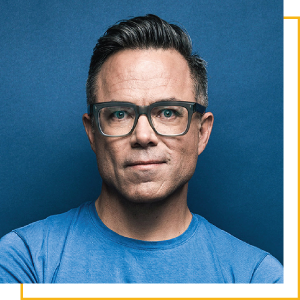
Timothy Caulfield
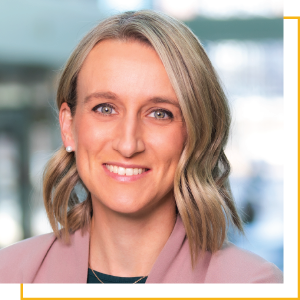
Dr. Joss Reimer
This session focused on the spread of health misinformation and the important role health providers play in counteracting false and misleading messages.
The CMA’s new president-elect, Dr. Joss Reimer, introduced the session with her own experience fighting health misinformation as the official spokesperson for Manitoba’s COVID-19 Vaccine Taskforce.
Keynote speaker Timothy Caulfield, a health law and policy professor at the University of Alberta and bestselling author, talked about the evolution of health misinformation, the strong connection with social media and the importance of both critical thinking and listening skills to debunking efforts.
“Physicians are the most trusted voices, so you can make a difference. Correct the record in a respectful manner.” – Timothy Caulfield
Recognizing the blind spots in the private-public health care discussion

Dr. Kathleen Ross

Erik Sande
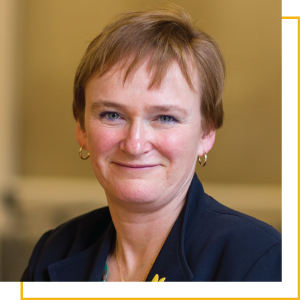
Robin McGee
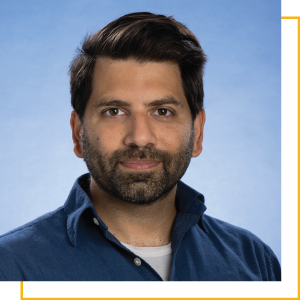
Dr. Hasan Sheikh
This session was the kickoff to the CMA’s national consultations on the balance of public and private health care in Canada and the implications of shifting it – for access, equity, system capacity and quality.
CMA President Dr. Kathleen Ross introduced the session, underscoring that participant feedback at the Summit, as well as upcoming town halls hosted by The Globe and Mail will inform the CMA’s recommendations for policy at a national level.
A video on public and-private care in Canada then set the stage for a panel discussion with Eric Sande, president of Medavie Health Services, patient advocate Robin McGee, and Dr. Hasan Sheikh, a board member with Canadian Doctors for Medicare.
“When we talk about blind spots, what patients are figuratively and sometimes literally blind to is their health records. If patients can access their own data, they can better engage in their own health care." – Robin McGee
Related resources
Our focus | Public and private care
It’s time for a national conversation on access to care – and the role of private providers in a publicly funded health system.
CMA Explains | Understanding public and private health care
The CMA believes a coordinated, national dialogue on the role increased private care should play in a publicly funded health system is essential. Ahead of public consultations in the fall, we’ve put together a primer so we can have a shared understanding of the balance of private and public care we already have, and the risks and opportunities of changing it.
CMA | A glossary of terms on public and private health care
Meaningful discussions about different models of health care depend on a shared language. The definitions provided in this glossary are intended to provide context for important terms and concepts.
Unlearning and undoing systemic white supremacy and Indigenous-specific racism
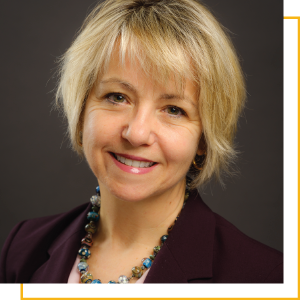
Dr. Bonnie Henry
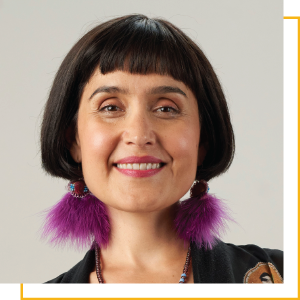
Dr. Danièle Behn Smith
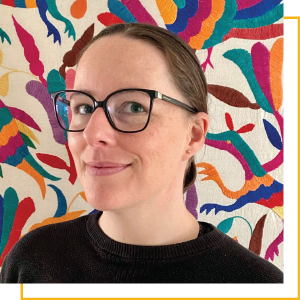
Kate Jongbloed
This session examined how one provincial public health office is challenging systemic anti-Indigenous racism and upholding foundational obligations to Indigenous Peoples.
Dr. Bonnie Henry, British Columbia’s (BC) provincial health officer, Dr. Danièle Behn Smith, BC deputy provincial health officer for Indigenous health, and health researcher Kate Jongbloed, talked about how their office is educating staff about white power structures, the historical and ongoing impact of colonization on Indigenous Peoples and how to amplify Indigenous voices in health care.
”We do this work because we have a collective obligation to uphold the rights of Indigenous populations.” – Dr. Danièle Behn Smith
Related resources
Our focus | Indigenous health
Improving health outcomes for Indigenous Peoples must start with Indigenous voices leading the way.
CMA | Challenging anti-Indigenous racism in health care
Learn how the BC Office of the Public Health Officer is helping to equip its staff with the tools and knowledge to challenge the status quo and support allyship with Indigenous Peoples.
Part two - Canada has new health care agreements: Now what?
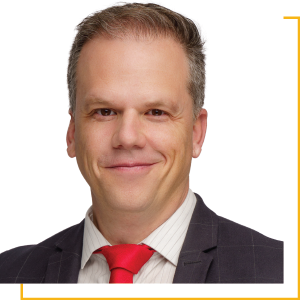
The Hon. Mark Holland

Dr. Kathleen Ross
In one of his first public appearances as federal health minister, the Hon. Mark Holland joined CMA President Kathleen Ross for a fireside chat with Jennifer Ditchburn about the next steps for Canada’s bilateral health care agreements.
“Canadians are done with excuses around jurisdiction, they want to see results.” – The Hon. Mark Holland
Building a movement towards a net zero health system in Canada
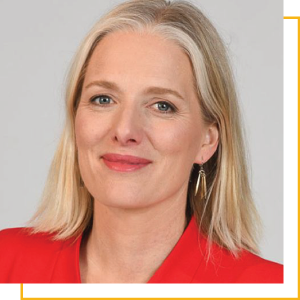
The Hon. Catherine McKenna
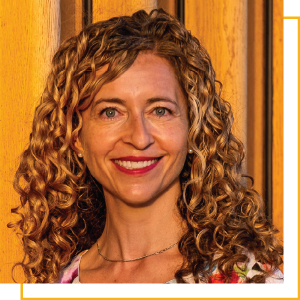
Dr. Courtney Howard

Dr. Stephan Williams

Dr. Melissa Lem
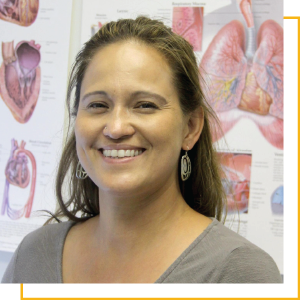
Dr. Ojistoh Horn
This session focused on global and local health leaders committed to achieving sustainable health systems in Canada and the opportunities for all providers to join them.
Two climate experts, the Hon. Catherine McKenna, Canada’s minister of environment and climate change from 2015 to 2019, and Dr. Courtney Howard, a climate change and health researcher, outlined the increasing impact of climate change on health, including this year’s unprecedented wildfire season. They encouraged the audience to take action – from reducing waste to rethinking health infrastructure across the continuum of care.
“We have the opportunity to not only help every patient we ever treat, but every person who will ever be born. What you do matters.” – Dr. Courtney Howard
They were joined by a panel of physicians passionate about a greener future of health care, including Dr. Stephan Williams, an anesthesiologist at the University of Montreal Hospital Centre, Dr. Melissa Lem, president of the Canadian Association of Physicians for the Environment (CAPE), and Dr. Ojistoh Horn, a board member at CAPE.
“This is the epic fight of our lives for a livable world.” – Dr. Melissa Lem
Related resources
Our focus | Net zero A net-zero emissions health system
Physicians’ oath to do no harm extends to the planet as well as to patients.
CMA Policy | Environmentally sustainable health systems in Canada
Released in 2022, this policy document outlines the CMA’s recommendations to help guide key stakeholders to transition to environmentally sustainable, net-zero and climate-resilient health systems that support the ecological foundations needed for populations to thrive and health systems to function.
